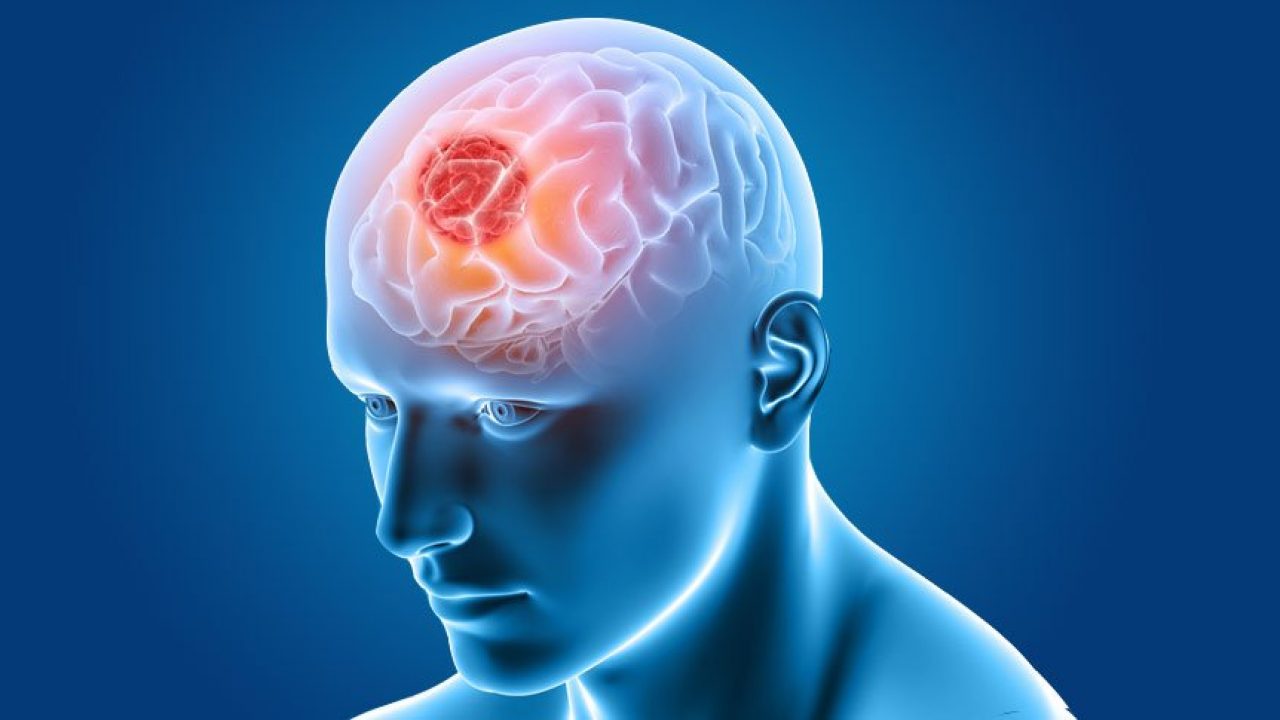Brain Tumour: Know the Causes, Symptoms and Treatment, and Know Why Not All Tumours Are Malignant
Dr. Upasna Saxena, Senior Consultant - Radiation Oncologist, HCG Cancer Hospital, Mumbai The human brain is the command centre for the human nervous system. It is one of the most complex organs in the human

Dr. Upasna Saxena, Senior Consultant – Radiation Oncologist, HCG Cancer Hospital, Mumbai
The human brain is the command centre for the human nervous system. It is one of the most complex organs in the human body. It receives signals from the body’s sensory organs and outputs information to the muscles concerned.
The brain is responsible for our emotional and physical wellbeing. You think, process, and reason with the brain even as it controls bodily movements and functions. A part of the Central Nervous System, along with the spine and brain, can affect one’s health if a person develops cancer.
Brain cancer/tumour is the growth of malignant cells clumping into a brain mass. Contrary to the opinion, not all brain tumours are cancerous; Brain tumours may arise in the brain (primary) or spread to the brain from another site of disease (secondary, this happens in cancers and not in benign conditions)
There are many types of brain tumours and are chiefly classified into two:
Primary Brain Tumour
This Tumor that starts in the brain is defined as a primary brain tumour. This is classified into two types benign (non-cancerous) or cancerous. The cancerous ones are again of different degree of aggressiveness– low grade, intermediate grade and high grade. While low-grade Tumor grow slowly, high-grade tumours tend to develop faster.
Secondary Brain Tumour
A secondary brain tumour, also known as metastatic or brain metastasis, is a cancerous growth that would have developed in another part of the body like the breast, the lungs, or the colon, but subsequently spread to the brain. It is found during the very advanced stages of cancer and is common in patients suffering from, breast, Esophagus, intestinal, stomach, lung cancers and many more.
What Causes Brain Tumour?
It is difficult to attribute concrete reasons for brain tumours. In most cases, it points to genetic mutations caused by DNA that can trigger or turn off the oncogenes (that multiply, divide and stay alive) or tumour suppressor genes (genes that control cell division and repair DNA errors). These genes could be inherited or acquired during the lifetime.
Other significant risk factors include exposure to radiation, family history of brain tumours, and genetic disorders.
What Are the Symptoms of Brain Tumour?
The signs and symptoms of brain tumour vary from person to person, depending on the location, the tumour’s size, and its growth. The most common symptoms include:
- The sudden onset of headaches, persistent and with increased frequency
- Persistent nausea and vomiting
- Vision problems like blurred vision, double vision, and loss of peripheral sight
- Problems in body functions like –
- Decreased sensation and movement in arms and legs
- Difficulty in coordination and balance
- Slurred speech
- Difficulty in hearing or memory
- Social and behavioural changes
- Severe fatigue
- Difficulty in understanding, reasoning, and making decisions
- Seizures and hearing problems
Why are all tumours not malignant?
There is a common myth that all tumors are malignant and spread to other parts of the body. Tumors may be benign or malignant. A benign tumor develops slowly, has well-defined borders, and does not spread to other parts of the body. On the contrary, malignant tumors grow rapidly depending on the Histological grade (low, intermediate, high), they can often penetrate into surrounding structures or spread along the CSF into the spine (craniospinal fluid enclosing the brain and spine). It is very unusual for primary brain tumours to spread out of the nervous system, though it’s not that it never happens. They can also become huge and create pressure on the surrounding structures, causing pain or other medical concerns. Most brain tumours require surgery to remove the tumour, this might be preceded by a smaller surgery to release high pressure (in some cases) in the brain caused by the tumour. Once benign tumors have been removed, they are unlikely to recur.
How Is Brain Tumour Diagnosed and Treated?
A brain tumour is diagnosed by running a few imaging tests and coordinating the results with blood work and biopsy. Your doctor might ask for imaging tests like an MRI, a CT, and/or a PET-CT, and would perform a biopsy to collect the sample from the tissues. The type and grade of the tumour are decided on the lab readings for deciding the further course of treatment.
Treatment
Surgery is very often the chief part of brain tumour treatment. After removal of the tumor, the patient may have to undergo radiation therapy, chemotherapy, and/or targeted drug therapy. Patient requires rehabilitation and shows recovery of functions depending on location of tumour and post-surgery body response. Rehabilitation could be needed for limb movements, speech, coordination
While brain tumours are complex merely by the brain being such an important part, proper and timely treatment by the appropriate doctor can go a long way to control or in many cases even cure the tumour. Do not assume a brain tumour as a ‘death sentence’, get to know what it is and what the treatment can offer to you. Sometimes it can even be symptoms due to an infection in the brain. Do not ignore the symptoms being sent by your brain. Talk to your doctor for further information, assessment and treatment plan, and quick recovery.






